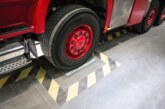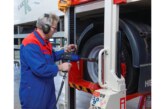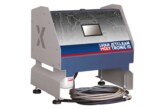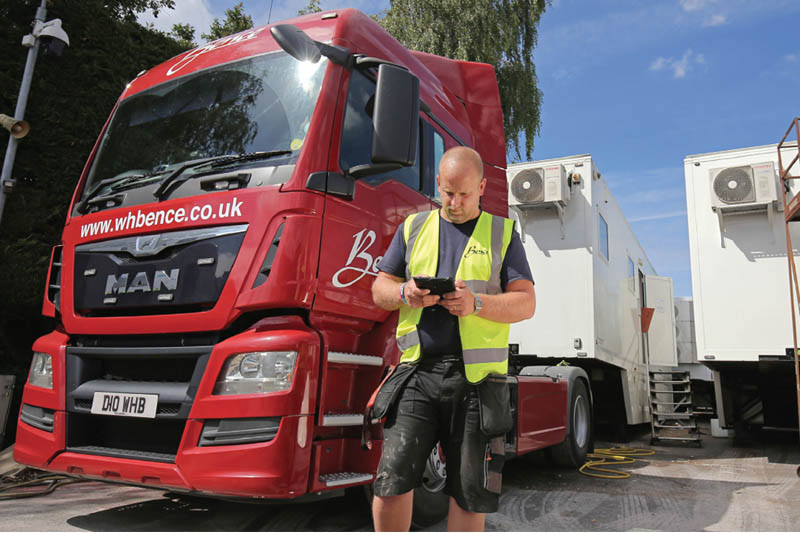
Mobile service management software has allowed specialist vehicle company Bence to eliminate paperwork from its operations and improve customer service and emergency call-out response times.
Bence has rolled out the latest mobile workforce management technology from BigChange to improve efficiency, productivity, and customer service across its entire operation.
The BigChange system completely replaces paper records providing Bence with around-the-clock visibility of operations, from scheduled maintenance and refurbishment in the workshop to engineers servicing and fixing units on site. It incorporates job scheduling, route planning, vehicle tracking, and comprehensive management reporting.
Bence designs and builds specialist vehicles and trailers that include everything from emergency vehicles to mobile units for MRI scanning, endoscopy, breast screening, command and control and motorsport workshops. The Bristol-based company also provides transport, servicing, and rentals of units.
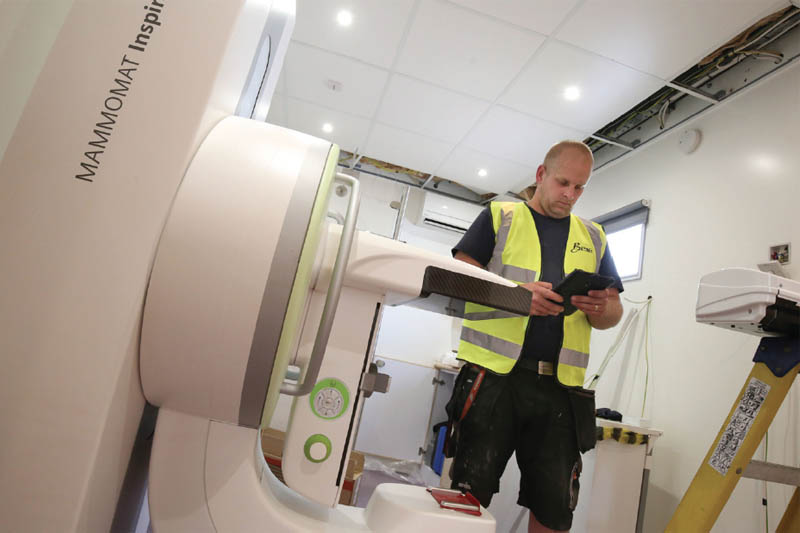
Service packages include a full maintenance package for the equipment on a vehicle, trailer, or mobile unit, and includes chassis servicing for specialist vehicles regardless of manufacturer. Servicing of ancillary equipment can include air conditioning and climate control checks, generator maintenance, and repairs to on-board equipment such as pumps and sinks. Tail-lifts receive a six month LOLER check. On-site chassis servicing, typically scheduled out-of-hours, is undertaken at between eight and 12-week intervals, with generators serviced every 200 hours.
Bence also recalls its specialist vehicles and mobile units once a year for a major service in its Bristol workshop and any other repairs, including re-spraying.
There is also a 24/7 rapid-response service nationwide – Bence guarantees arrival within four hours anywhere in the UK. “Many of our vehicle and mobile units are deployed in critical work at the frontline so we have to maintain exceptional levels to minimise downtime,” says Conrad Stanley, Service Manager for Bence. “Through BigChange we now have real-time, 24/7 visibility of our mobile operations and this has completely transformed the way we work and allowed us to provide a better, more dynamic service.”
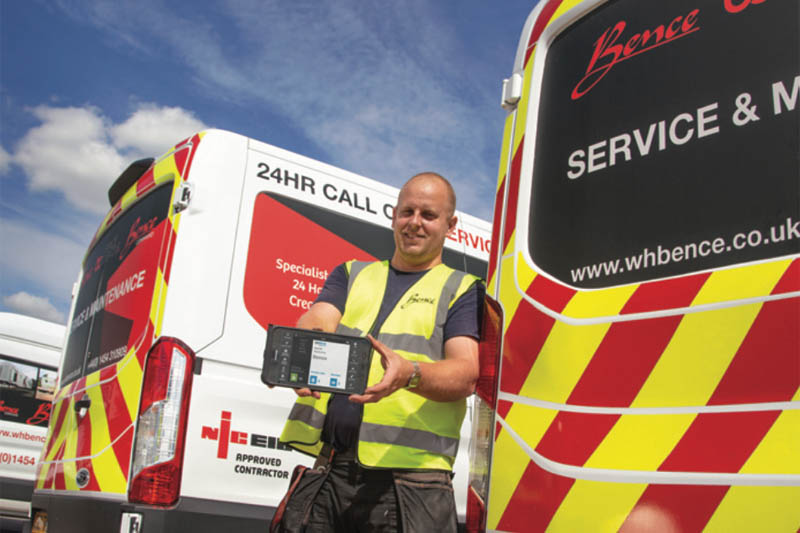
With BigChange, both mobile and workshop engineers have been equipped with rugged tablet devices as part of a complete management system for paperless working. The JobWatch mobile app has replaced paper time-sheets, job-sheets and inspection reports and the devices also offer navigation and image capture. The app synchronises in real-time with cloud-based BigChange software so managers have a complete picture of servicing operations.
Bence service technicians are multi- skilled – before moving to mobile work, they spend the first three months in the main workshop working on units that arrive for annual service. The job sheets on the JobWatch app guide them through the correct service procedure.
Bence finds the tracking really useful, giving visibility on where engineers are so they no longer need to be called en route. It means that customers can be informed on the expected arrival time of their engineer. “That’s a really good addition to customer service, especially as we are in such a critical, time-sensitive area.
“The other big benefit is that we can dynamically schedule jobs during the day to optimise their time and do extra jobs; something that was impossible before,” says Stanley. “We also really like the photo-capture allowing engineers to record their work and issues, such as damage to units, so we can assess what work and parts are required.”
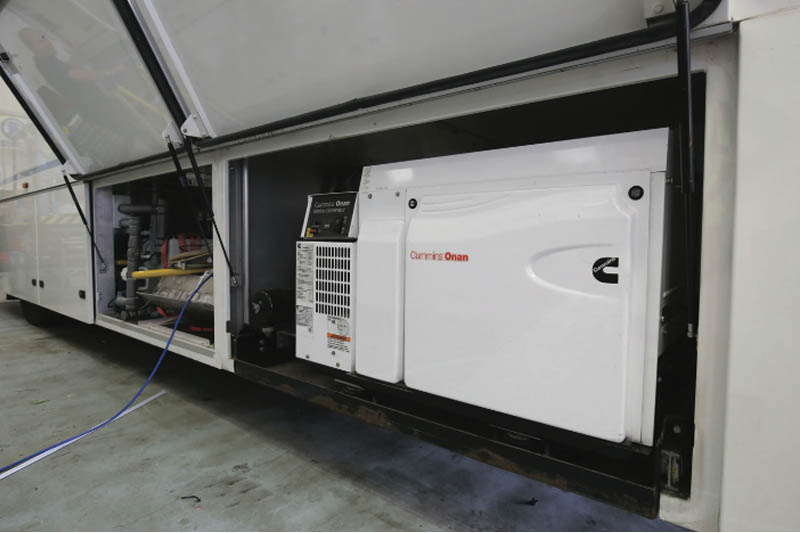
BigChange automatically updates the location of mobile units, so engineers always know exactly where to go even for those units which regularly move from site to site. With the outbreak of COVID-19, Bence saw a significant increase in demand from hospitals needing mobile units for undertaking screening and treatment in separate COVID-safe areas and for refurbishing of existing units with one-way systems, screen and other to safety measures.
“It was fortunate we had BigChange up and running when the COVID-19 crisis hit – having a fully digital, paperless system made it a lot easier to cope with the surge in demand,” Stanley concludes.

